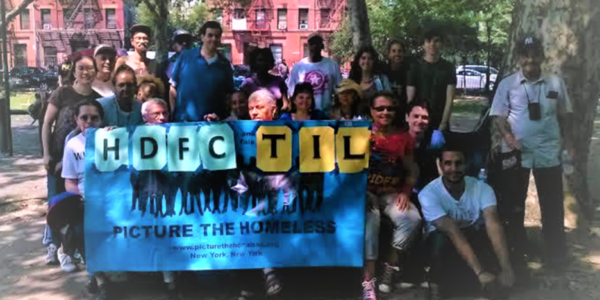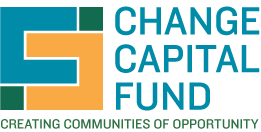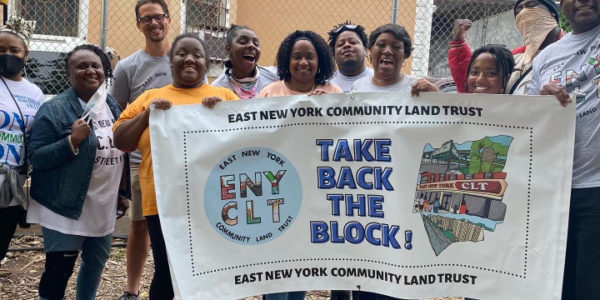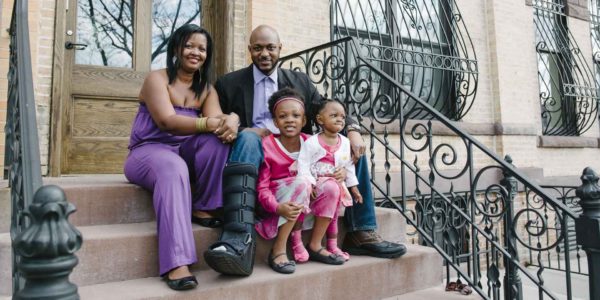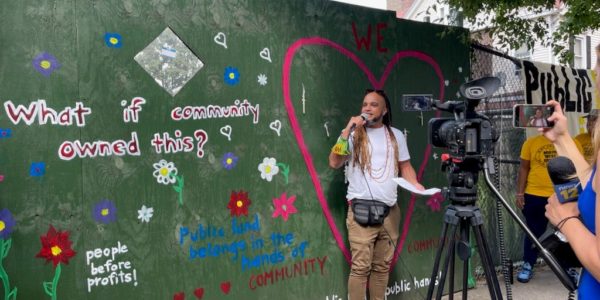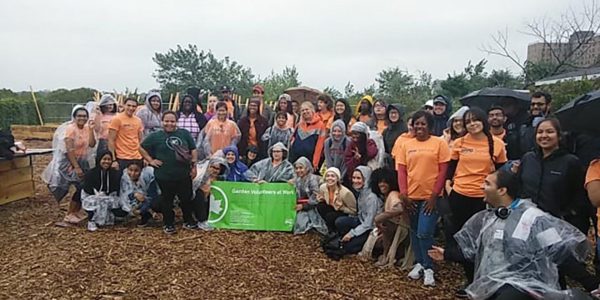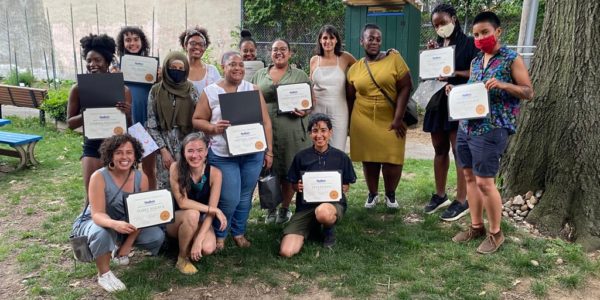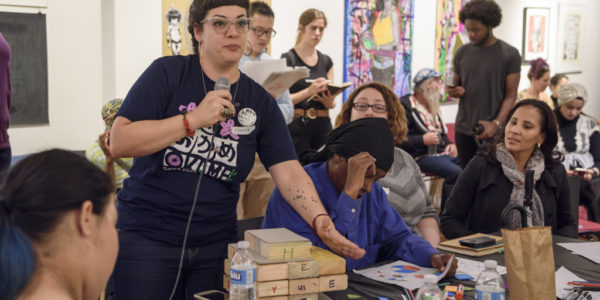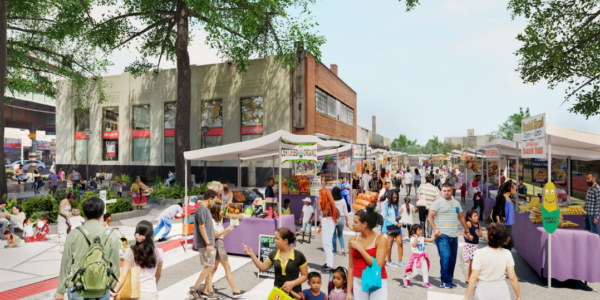Recognizing that ownership is power, community members, often feeling threatened by displacement, are working collectively to shape and secure their better future by gaining control of community assets. Community organizations have been taking inventory of un- or under-used sites in their neighborhoods and working to acquire and redevelop them for community purpose. In seeking to engage their communities in planning and decision-making, to create community governance structures, and to pool resources for collective benefit, they are creating paths to more just and equitable outcomes.
Change Capital Fund selected eight such organizations for our 2023-2026 four-year cycle. We are rooting for these organizations, led by people of color and serving low-income, BIPOC communities as they advance projects that will provide deeply and permanently affordable housing, community facilities, open spaces, and/or support for food related businesses. Ownership of the projects will be in the form of community land trusts; limited equity coops; worker coops; and other community-directed entities.
View Grantees from our 2014-2018 Cycle View Grantees from our 2018 – 2022 Cycle
East Harlem/El Barrio CLT
is rehabilitating and preserving distressed city-owned properties as deeply, permanently affordable housing. Their first four buildings include 38 apartments, two commercial spaces, and one community space, all owned by the tenant-run MHA on CLT land.
East NY Community Land Trust
has taken stock of every vacant parcel in their community and has identified several potential development sites to develop as new deeply and permanently affordable housing to be part of their CLT. The organization is also working on establishing a preservation pilot program to model alternatives for tax-distressed homeowners.
Interboro Community Land Trust
is a citywide CLT that is a collaboration between the Center for New York City Neighborhoods, Habitat for Humanity New York City and Westchester County, the Mutual Housing Association of New York, and the Urban Homesteading Assistance Board. Over the next five years, Interboro will dramatically increase the stock of permanently-affordable homeownership and wealth-building opportunities available to low- and moderate-income and BIPOC households in the city.
Northwest Bronx Community and Clergy Coalition
a member-led organization is organizing around community ownership and shared wealth building. They are working to advance three affordable housing projects on land to be put into the Bronx Community Land Trust, incorporated in 2020.
ReAL Edgemere CLT
was formed by local leaders to advocate and create new, permanently affordable homeownership opportunities in Edgemere, a BIPOC neighborhood on the Rockaway Peninsula in Queens that had been devastated by Hurricane Sandy. They are now moving forward to redevelop 62 vacant lots as two-family homes, one commercial space and open spaces. The land will be owned by the newly formed Community Land Trust.
RiseBoro Community Partnership and the Brooklyn Movement Center
are collaborating on the Central Brooklyn Food Democracy Project (CBFDP), an initiative to create a new food economy that fosters Black self-determination, food justice, and economic justice within the rapidly gentrifying neighborhoods of Central Brooklyn, specifically Bedford-Stuyvesant and Crown Heights.
South Bronx Unite
aims to acquire, renovate and repurpose the city-owned and abandoned Lincoln Recovery Center as a H.ealth, E.ducation, and Arts hub (HEArts Center), which will provide programming ranging from holistic health services and green workforce development trainings to music performances and art exhibitions, creating opportunities for area residents to realize their potential and achieve a better quality of life.
Youth Ministries for Peace and Justice, Inc.
(YMPJ) will develop The Soundview Economic Hub, designed to transform the South Bronx from a food desert into a vibrant foodscape that supports increased community health, wealth, and resilience. The Hub will stimulate the local economy by providing opportunities for food manufacturers, vendors, and service providers, while also serving as a vibrant community space hosting food and cultural programming, clean soil distribution, employment, job training opportunities through incubator space, and intergenerational programs and activities for residents.
